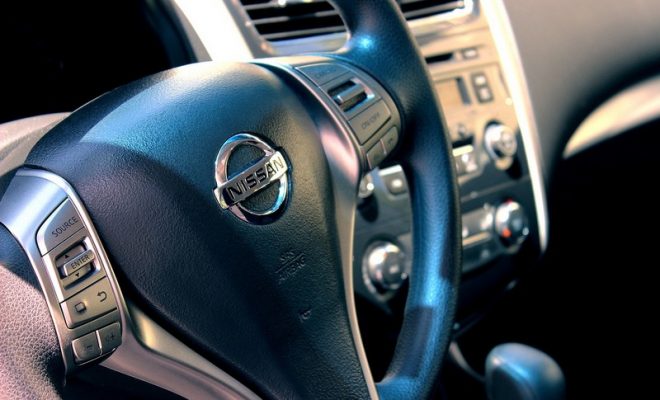
Should You Lease Or Buy Your First Car?
There are more financial options available to buying a car these days; along with cash from savings and hire purchase is the PCP (Personal Contract Plan) which is a variant on hire purchase and – perhaps most significantly – personal leasing. It offers a way of buying a new car without having to dip into savings, and likely lower monthly payments than servicing a bank loan or a hire purchase agreement.
What is leasing?
Simply put, it is a form of long term hire in that you pay a certain amount each month for full use of a car of your choosing. At the end of the agreed term – maybe two, three or four years – you simply hand the car back to the leasing company. Here are some details of the differences between leasing and buying.
Making a choice
Firstly, you’ll need to check you’d qualify for a lease. For most leasing providers you’d need to be at least 18 years old, have a checkable financial history and appear on the electoral roll.
Assuming you meet these basic criteria then you may be able to lease a car, so you should consider the following.
A commitment – as with any financial agreement, you are making a commitment so be sure leasing would meet your needs and be affordable over the term of the agreement not just for the first few months.
Understand the implications – you don’t own the car at any time, so you can’t modify it and must adhere to the mileage you’ve agreed to at the outset. If you don’t, you’d be charged for any excess miles although some leasing companies may be able to make an adjustment to your agreement if you think you may exceed your contracted miles.
Ensuring the car meets your long term needs – terminating a lease early is expensive, so be sure your car choice would still be the right one two, three or four years down the line.
If you have doubts, then opting for a shorter rather than longer term lease may be advisable or using the option of taking out a logbook loan on your vehicle such as those provided by Car Cash Point.
Understand the advantages – leasing does offer many benefits compared to buying a car outright and over other forms of finance as you’ll see from the link above.
One monthly amount – leasing is a good choice if you’d like to accurately budget your car costs each month. Along with a fixed payment through the agreement, you can often specify a maintenance option which covers the car for routine servicing and sometimes replacements to consumable items, such as tyres.
The yearly VED (Vehicle Excise Duty) is part of your lease payments, too.
Your money can go further – thanks to the buying power of many leasing companies, they can offer very competitive packages on various cars so you could put yourself behind the wheel of a car further up the range than you might if buying outright.
Depreciation – if you buy your car outright you’ll suffer the depreciation which is the largest single cost of car ownership. With leasing this is not a consideration as you’re returning the car once your agreement ends.
The psychology of owning
More people are attracted to leasing cars. The idea of being able to sidestep depreciation, run an up to date car they can change on a regular basis, and keep their capital instead of spending it in one lump sum on a car is highly appealing.
For some, there is still the perceived comfort of owning but it should be remembered this puts you at the mercy of depreciation and unexpected motoring costs as your car ages.


You must be logged in to post a comment Login